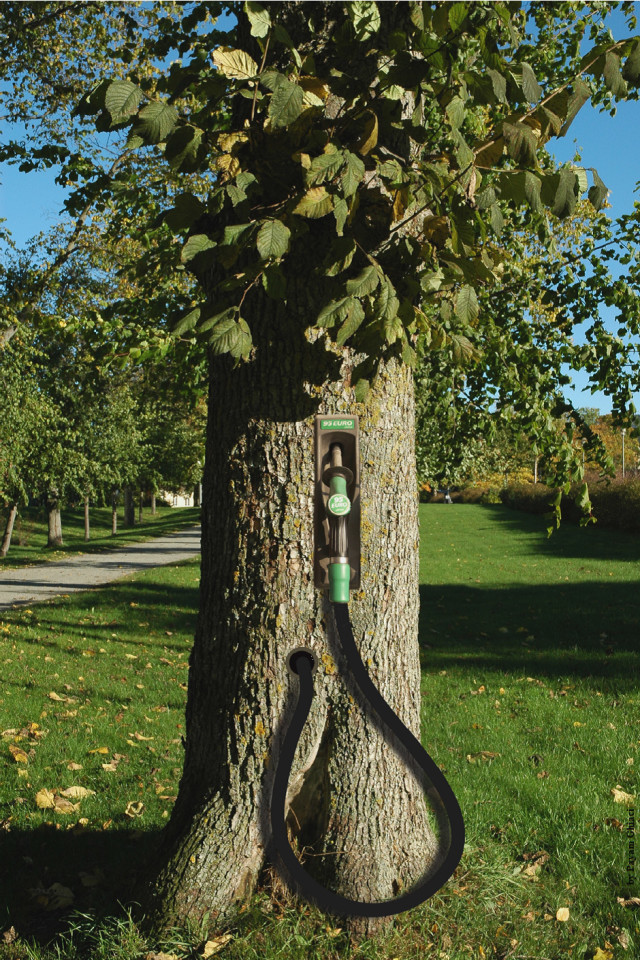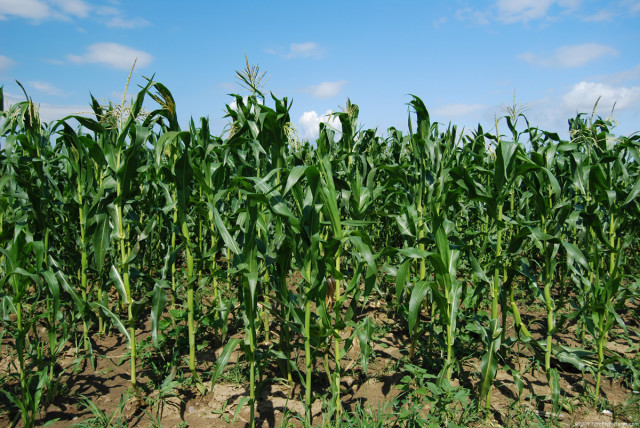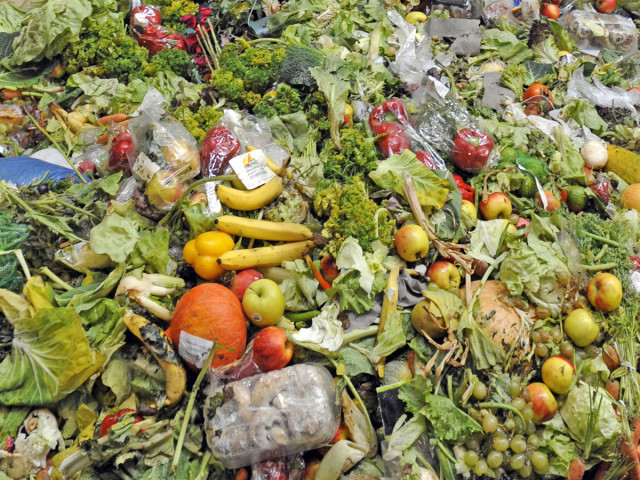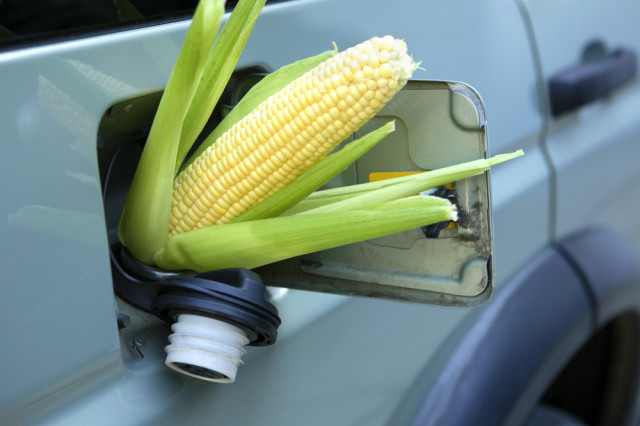Scientists working at the Centre for Research and Assistance in Technology design in Jalisco, Mexico have produced biofuel in the form of ethanol using waste from the processing of cereals. They have also designed a prototype plant that can produce 500 liters of fuel per day. The waste produced by the cereal industry is rich in starch, cellulose and hemicellulose. Lorena Amaya Delgado at Department of Industrial Biotechnology, explains how a technique involving the hydrolysis of carbohydrates has been developed .
The ideal fermentation conditions were in place to produce bioethanol in the laboratory. “Thanks to the information obtained during this research, the basic technique for producing ethanol has been mastered, the same is true with regards to the installation of a factory that produces biofuel from the waste coming from the food industry,” said Lorena. For this project, the scientists used enzymes produced by hydrolysis and yeast with high tolerance to the ethanol. This implies that the fermentation was carried out with high concentrations of sugar to generate a more efficient process. Appropriate equipment has also been developed to improve performance.
This research was launched at the initiative of a food company which generates a lot of corn waste. In this context, one of the teams of the research center got involved in the process. “Although this project was done at the request of a company, the technology can be adapted to other wastes from the food industry such as the bakery, fruits and dairy products etc” said Lorena.
We are very excited to see factories of this type to be in operation one day. Congratulations to the scientists who developed this technology. Everyone hopes that in near future biofuel will be produced from basic food wastes. Do you think that this technology will be more environmental friendly?




